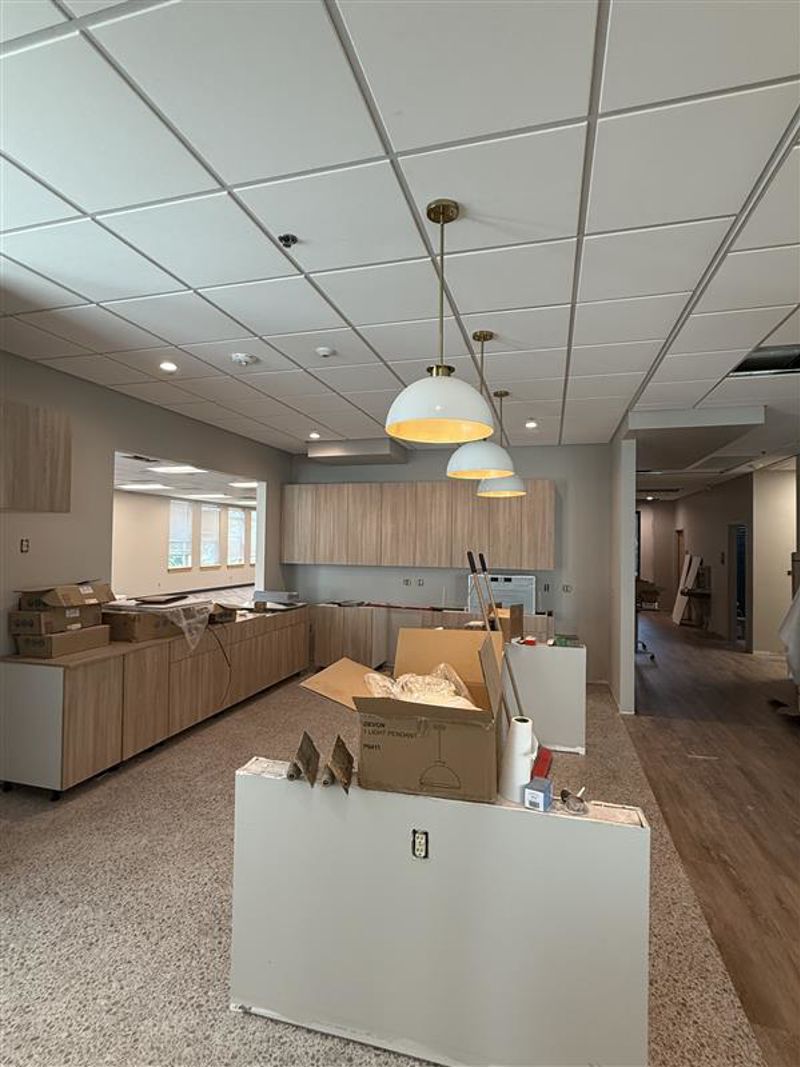3 Things You Need to Know Right Now About Economic Injury Loans in the CARES Act
The economic injury loans approved by the US government through the CARES act provide an emergency advance of up to $10,000 to small businesses and private non-profits harmed by COVID-19.
HERE ARE 3 THINGS YOU NEED TO KNOW RIGHT NOW ABOUT THE ECONOMIC INJURY LOANS:
1.) You must apply through the Economic Injury Disaster Loan fund, then request the advance. The advance does not need to be repaid under any circumstance and may be used to keep employees on the payroll, to pay for sick leave, meet increased production costs due to supply chain disruptions or pay business obligations, including debts, rent, and mortgage payments.
2.) Only certain businesses are eligible for loans. Those eligible are the following, with 500 or fewer employees: 1.) Sole proprietorships 2.) Independent contractors 3.) Cooperatives and employee-owned businesses 4.) Tribal small businesses. To confirm your eligibility please visit: https://www.sba.gov/size-standards/
3.) Even if your non-profit is not a 501(c)3, you may still be eligible. If you have an effective ruling letter from the IRS granting tax exemption, or if you can provide evidence from the State that the non-revenue producing organization is a non-profit one, you may qualify. However, a recipient that is principally engaged in teaching, instructing, counseling, or indoctrinating religion or religious beliefs, whether in a religious or secular setting or primarily engaged in political or lobbying activities, is not eligible to receive an EIDL. If you’re still unsure if you qualify, please consult with legal counsel.
FACTS ABOUT SMALL BUSINESS DEBT RELIEF IN THE CARES ACT
The Small Business Debt Relief act will provide immediate relief to small businesses with non-disaster SBA loans, in particular 7(a), 504, and microloans. Under it, SBA will cover all loan payments on these loans, including principal, interest, and fees, for six months. This relief will also be available to new borrowers who take out loans within six months of the President signing the bill into law.
- To be eligible, your business must meet a size standard, be based in the US, show the ability to repay, and have a sound business purpose. To check whether your business is considered small, you will need your business’s 6-digit North American Industry Classification System (NAICS) code and 3-year average annual revenue.
- 7(a) loans are an affordable loan product of up to $5 million for borrowers who lack credit elsewhere and need access to versatile financing, providing short-term or long-term working capital and to purchase an existing business, refinance current business debt, or purchase furniture, fixtures, and supplies. In the program, banks share a portion of the risk of the loan with SBA.
- The SBA loans eligible are 7(a) loans that are not made under the Paycheck Protection Program (PPP), 504 loans, or microloans. Disaster loans are not eligible.
- The 504 Loan Program provides loans of up to $5.5 million to approved small businesses with long-term, fixed-rate financing used to acquire fixed assets for expansion or modernization. It is a good option if you need to purchase real estate, buildings, and machinery. You apply through a Certified Development Company, which is a nonprofit corporation that promotes economic development.
- The Microloan Program provides loans up to $50,000 to help small businesses and certain not-for-profit childcare centers to start up and expand. The average microloan is about $13,000. These loans are delivered through mission-based lenders who are also able to provide business counseling
Almost there!
We need a little more information from you. Once this form is submitted you will be able to utilize the resource requested.
By requesting this resource, you are agreeing to receive email communications from Ansay. You can unsubscribe at anytime via your preference center.
Not allowed
You are attempting to download a resource that isn’t available to you.



